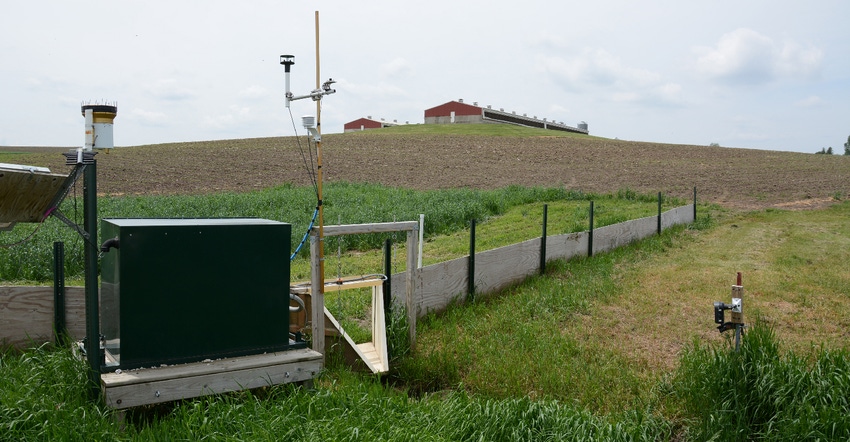February 5, 2021

A new legislative biennium kicked in for 2021, and with it, the governor’s two-year budget as required by state law to be presented in odd-numbered years.
Gov. Tim Walz’s $52.4 billion budget unveiled Jan. 26 is drawing debate in the state Legislature and on social media. Numbers may be changed when the Department of Management and Budget releases a revised state budget and economic forecast later this month. The state currently faces a $1.3 budgetary shortfall. Specific for agriculture, the Walz budget includes $112 million for agriculture’s general fund.
Whatever your position on state spending, over the years, Minnesota has provided the financial means for farmers and landowners to address water quality concerns. With programs and funding, soil and water caretakers have implemented thousands of conservation practices for decades that protect our natural resources.
In this proposed biennium budget, Walz recognizes those efforts with ongoing Clean Water funding. Programs worthy of effort include:
The Minnesota Agricultural Water Quality Certification Program. The MAWQCP is a voluntary program designed to accelerate adoption of on-farm conservation practices that protect and improve state waters. Farmers who implement and maintain approved farm management practices become certified and, in turn, assured that their operation meets the state’s water quality goals and standards for 10 years. The biennial budget request is for $6 million and covers expanded services and demand. The program has a renewed push to certify 1 million acres. Currently, 706,533 acres on 996 farms are certified.
The Forever Green Initiative. Walz recommends $3.9 million for the initiative at the University of Minnesota for research, implementation and partnership development. FGI’s goal is to develop new, high-value commodity crops and cropping systems that preserve and enhance water quality, and to support development of new supply chains that provide profitable markets for these crops. Examples of FGI crops include intermediate wheatgrass (Kernza), pennycress, camelina and winter barley. The Minnesota Department of Agriculture will work with university researchers and local partners, such as soil as water conservation districts, to identify opportunities to get perennials and winter annuals on vulnerable land.
Pesticide monitoring in water. Walz’s recommendation of $700,000 would provide ongoing pesticide monitoring support for the MDA laboratory to test surface and groundwater for pesticides. An additional $678,000 is requested for pesticide testing of private wells in areas of the state with row crop agriculture.
Curtailing nitrogen fertilizer runoff. Walz requests $5 million to implement the state’s Nitrogen Fertilizer Management Plan and Groundwater Protection Rule aimed at preventing and responding to nitrate contamination of groundwater from nitrogen fertilizer use. Funding would be used for project coordination and management, forming local advisory teams, using computer modeling to identify and target high-priority practices, monitoring groundwater for long-term trends, technical assistance, and implementing groundwater-protecting practices and demonstration projects. Funds are also included for University of Minnesota Extension support.
Support for an Extension irrigation water quality specialist. Proposed continued funding of $270,000 would support a position with U-MN Extension to provide education on irrigation and nitrogen best management practices among farmers who irrigate crops.
On-farm technical assistance for regional water quality programs. Minnesota farmers are familiar with several on-farm demonstration programs that offer technical assistance to adopt conservation practices that aid water quality. Those include Discovery Farms Minnesota, the Root River Field to Stream Partnership, the Nutrient Management Initiative and the Red River Valley Drainage Water Management project. Walz recommends $2.9 million for technical assistance to these and other projects and programs via MDA and its partnerships with local governments, agencies and partners in agricultural communities.
Stay tuned. We should know final numbers by summer.
You May Also Like




